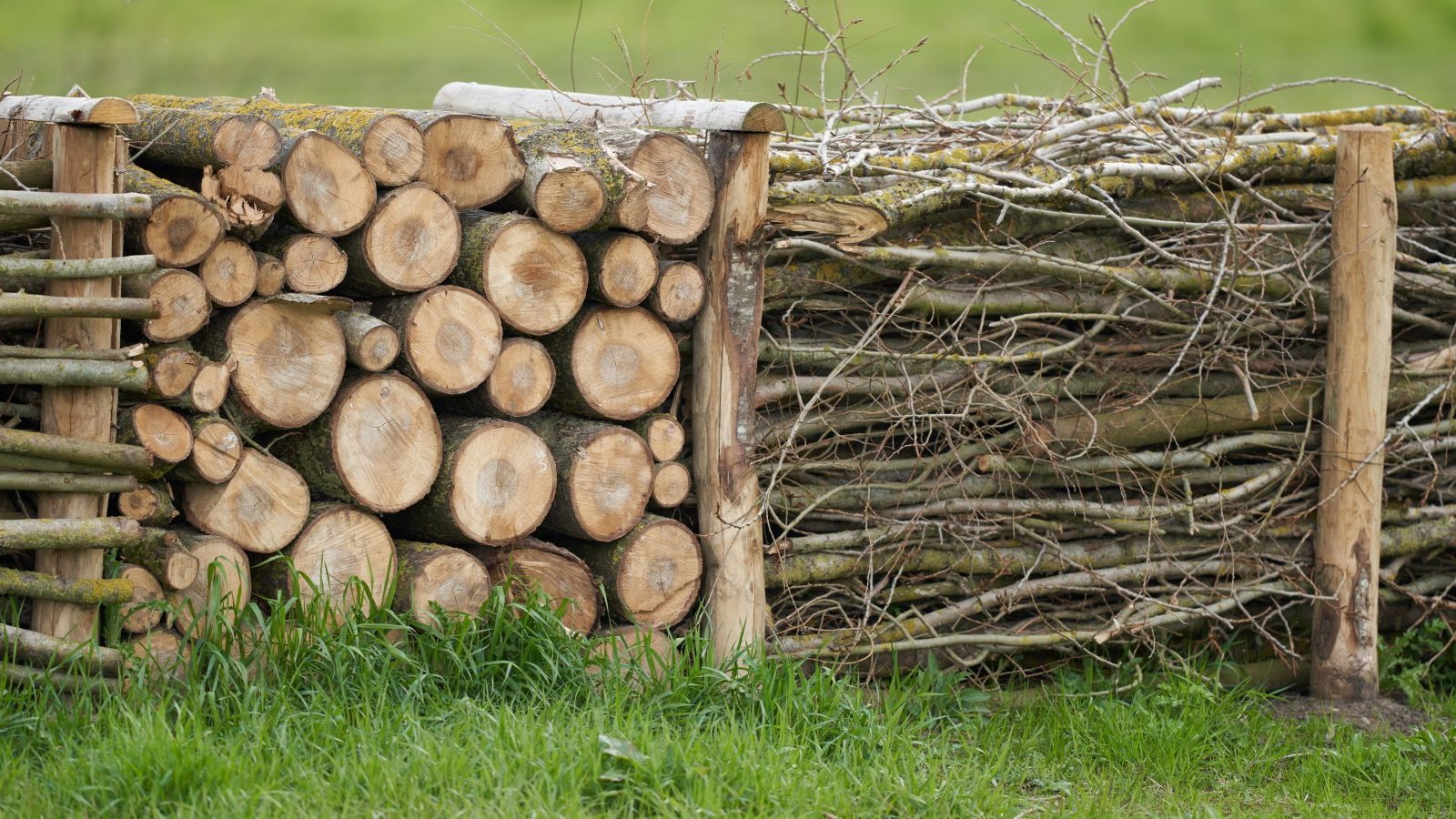House Renovation Costs: What Will Your Renovation Cost You?
Our house renovation costs breakdown explains the typical financial outlays faced by renovators to help you bring your project in on time and on budget
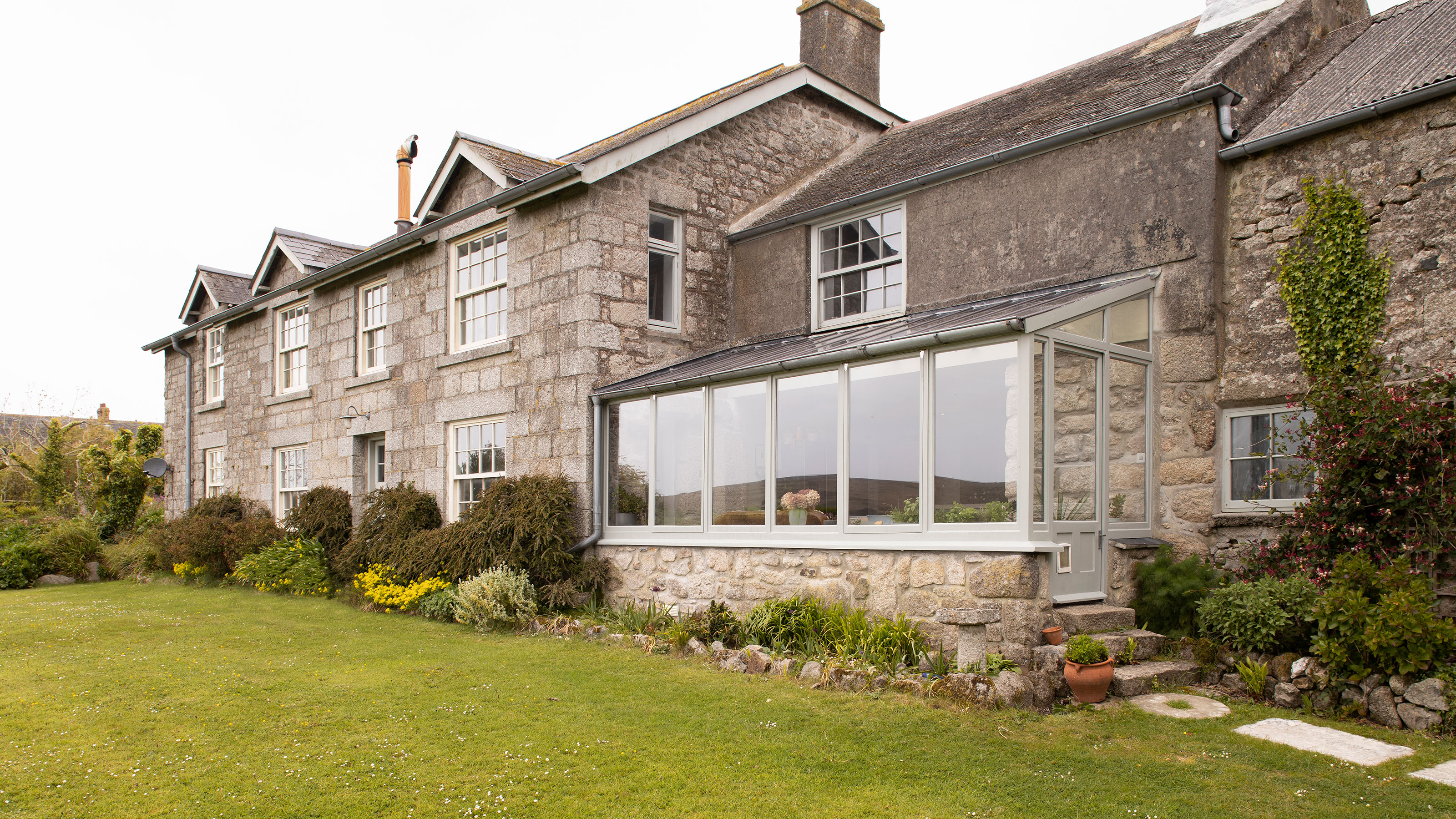
House renovation costs should be at the forefront of your mind if you are planning on renovating a house.
Old properties are very different to new builds, often concealing numerous potentially pricey issues that might not be immediately obvious, so it is important to know what to look out for. Without fully understanding what you might be walking into, you risk buying a property and renovating a house that could end up costing more than you can afford.
Our renovation cost breakdown is here to explain the individual typical jobs associated with modernising a house — plus we've included a handy guide to the often overlooked and hidden costs of renovations to ensure you don't get any nasty surprises.
House Renovation Costs Explained
If you are considering renovating you should be aware that properties in need of renovation are usually very sought after which means they often end up going to sealed bids or best and final offers. This can mean that they end up selling for well over their asking price.
Knowing what the house renovation costs are likely to be in order to transform it into the home of your dreams will mean you won't end up paying over the odds.
While all renovation projects are different, there are usually common tasks that need undertaking and issues that crop up. The renovation costs that we have focused on here are:
- Surveys
- Damp
- Insulation
- Rewiring
- Plumbing
- Kitchen renovation costs
- Bathroom renovations
- Window repairs
- Floor restoration
There are certain costs we haven't included details on, such as those associated with how to repair a roof as there are just so many variables that can affect these — basically it would be impossible to give exact costs without asking a professional to take a good look.
What House Survey Costs Should I Expect?
House survey costs are one of the first outgoings to expect when renovating. They will vary depending on the type of survey you opt for — a condition report will be the cheapest option (from £350), while building surveys are the most expensive at between £550 - £700 at the lower end, up to £2,000.
How Much Does Damp Treatment Cost?
Damp is one of the most common issues faced by renovators and is usually fairly simple to put right once you have ascertained what type of damp you are dealing with.
Understanding how to treat damp is the first step in calculating how much it will cost to put right.
Damp treatment costs vary depending on the type of treatment required. Sometimes damp will be caused by a lack of proper home ventilation, but often a compromised or non-existent damp proof course (dpc) is the cause.
To give a rough idea, a chemical damp proof course treatment is likely to cost in the region of £195/m including replastering.
How Much Does Insulation Cost?
It is rare for a renovation project to be insulated to today's expected standards. By draughtproofing and adding in extra insulation you will not only find yourself with lower heating bills but your home will also be far more comfortable to live in.
Before you begin adding in insulation it is important to understand how old buildings work — houses constructed before around 1919 often feature solid walls of soft, permeable materials. They are unlikely to include vapour barriers or damp proof membranes, instead relying on natural absorption and evaporation — or breathability.
The cost of insulating a wall will depend on a number of factors, including the type of insulation you use, your supplier and the size of the project. However, prices of around £4-13/m² of wall space can be expected.
Any work you undertake to your renovation project should maintain the breathability of the building’s fabric so it is essential you understand how to insulate an old house before getting started.
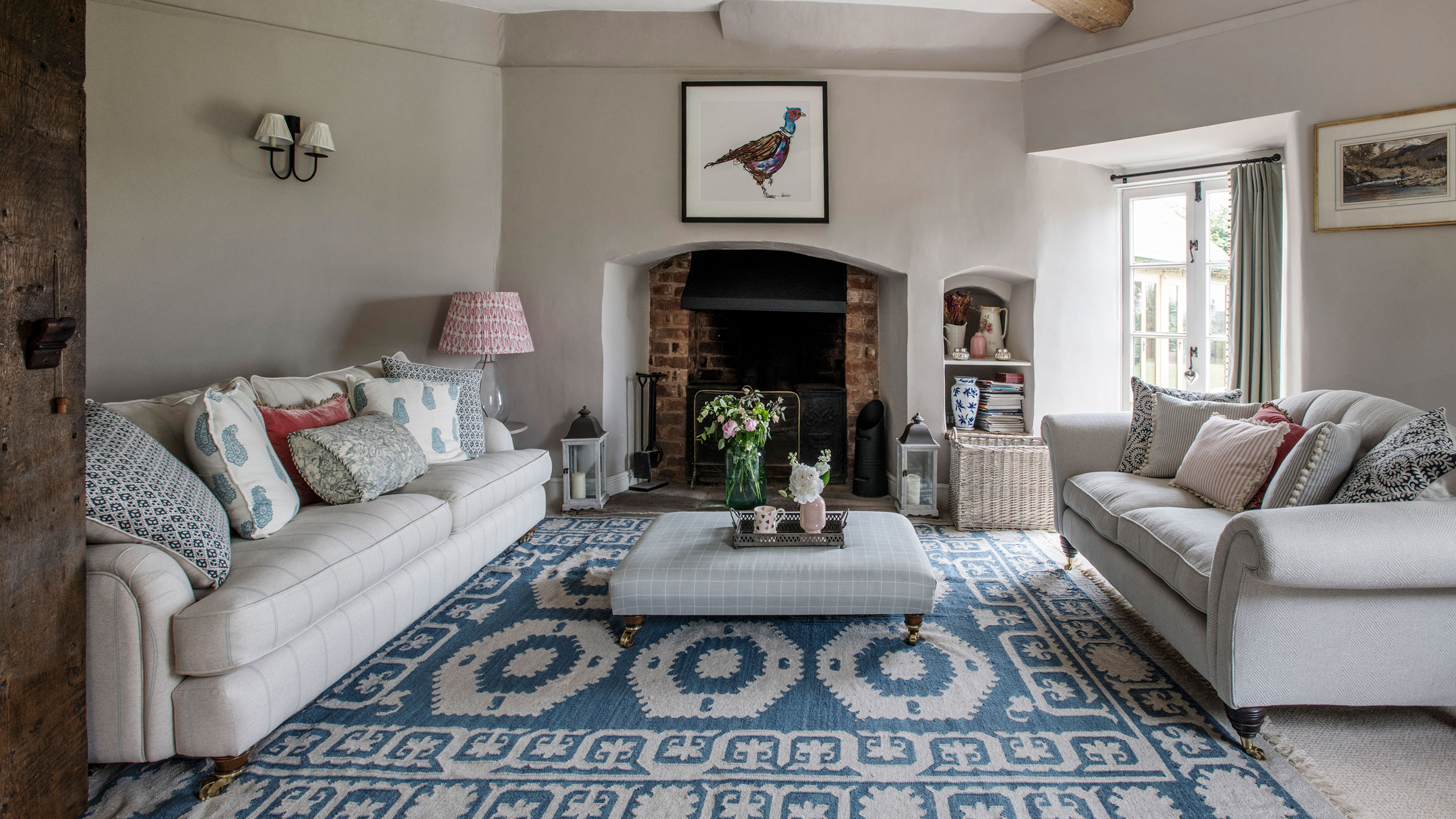
How Much to Rewire a House?
The majority of homes in need of modernisation will need rewiring. Obvious signs that your renovation project will need a rewire include:
- Old rubber insulated cabling
- Fabric insulated cabling
- Lead insulated cabling
- A dated consumer unit with no circuit breaker or residual circuit devices
If you are concerned about exactly how much rewiring is going to cost, you could ask a qualified electric to carry out a survey. A full electrical survey is more likely to cost around £240-£350.
Although the cost of a rewire will depend on the size of house, access, unforeseen complications and the specification you want, average costs of between around £4,000 - £7,500 for a three-bed semi are common.
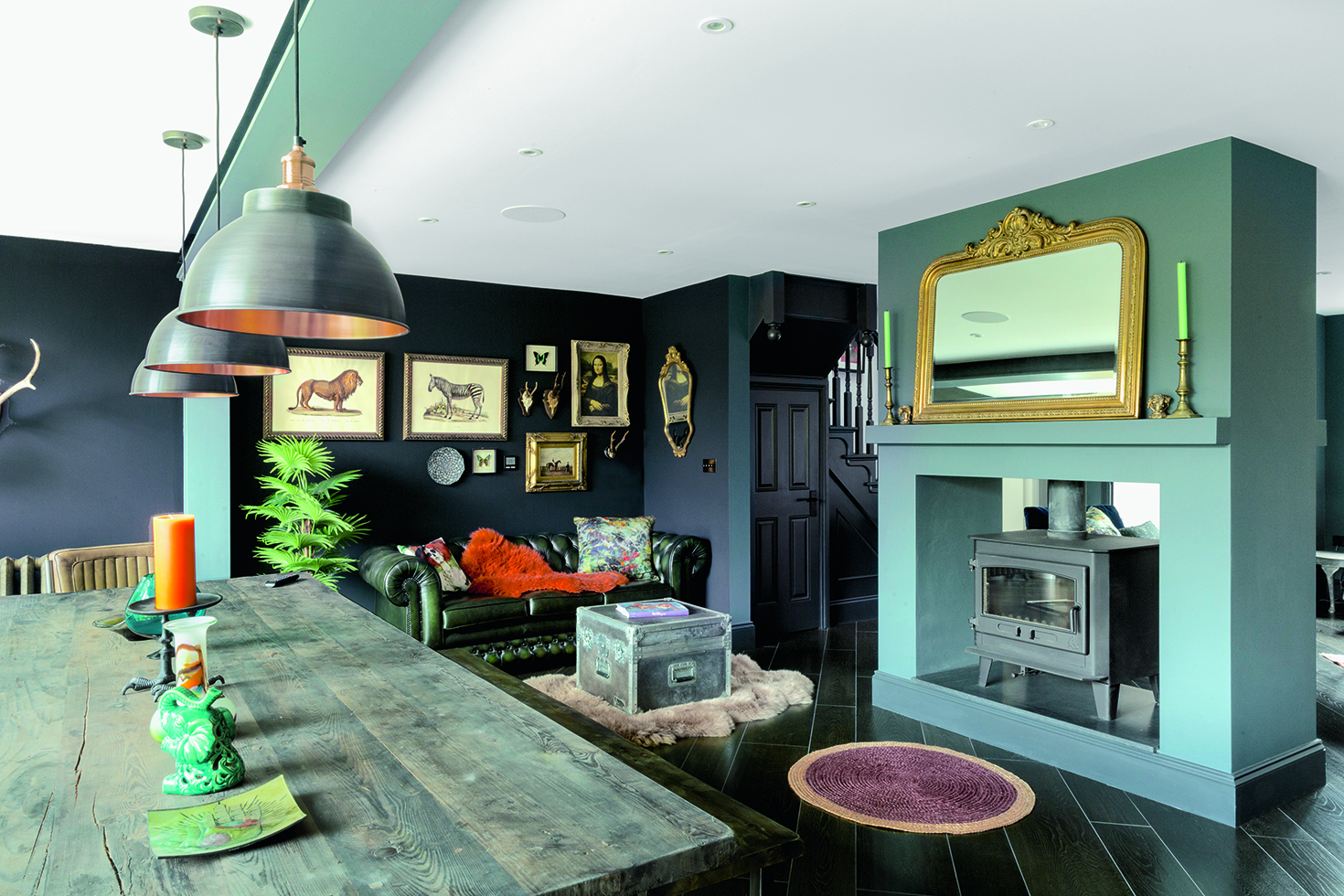
How Much Does a New Plumbing System Cost?
Replumbing a renovation project will not only add value but it will also ensure you can install a system that is suited to your lifestyle, your energy usage and the new demands that extra bathrooms or modern fittings are likely to entail.
Even where the heating system has recently been updated, new radiators may still be needed as old radiators often suffer from cold spots caused by a build up of sludge.Alternatively you might wish to add underfloor heating — which will add further to costs.
It might be that you are asking how much does it cost to move a radiator? This is a common question amongst those remodelling the interior layout of a project.
Whatever your plans, be sure to get three quotes from qualified plumbers (an NVQ City & Guilds level 3 qualification is desirable). You will also need to get the work signed off by a member of a Competent Person’s Scheme or an inspector from Building Control.
A new gas boiler must only be commissioned by a Gas Safe Registered heating engineer. If your boiler uses another fuel source, such as oil, a Competent Persons Scheme-approved installer should be used.
A fully qualified plumbing and heating engineer will be able to calculate the size of the heating appliance and the number and size of the radiators you’ll need. As a rough guide, you can expect the following costs:
- New radiators: Approx. £30 each
- New condensing boiler: £1,500-£3,000
- Labour for new plumbing system: £4,000
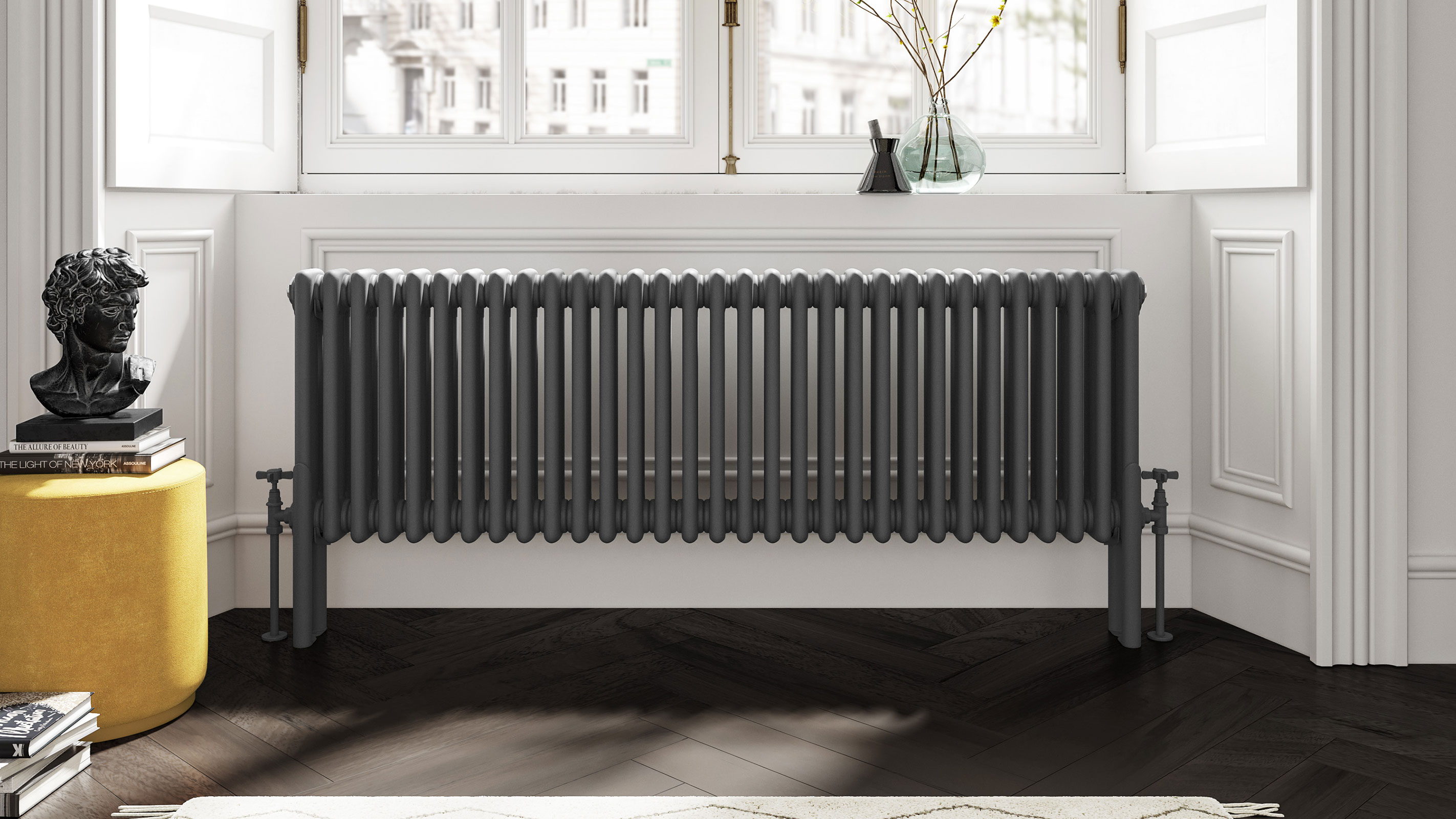
What Does a New Kitchen Cost?
One of the main questions asked by renovators is 'how much does a new kitchen cost?'
As with so many house-related issues, there is not a clear cut answer to this one –kitchen costs vary depending on the size of your space, the specification you are opting for, the style of the units, how much of the work you are willing to put in yourself when it comes to sourcing and fitting your kitchen and the kind of appliances you want.
A flat pack kitchen, assembled on a DIY basis, is the cheapest option with bespoke kitchens being the most expensive.
The average cost of a new kitchen tends to fall around the £10,000 mark although it is quite possible to spend well over £50,000 in some cases.
A good option for those after a designer kitchen without the hefty price tag are second hand kitchens. They offer fantastic savings on the original RRP — often 50% to 70% depending on their age – and commonly come with appliances and worktops too.
Whatever route you take to your new kitchen design, don't forget to factor in the following costs that go hand-in-hand with new kitchens:
- Removal and disposal of old kitchen
- Plumbing and electrics
- Extraction
- Lighting
- New flooring
- Final decoration
- Installation (unless fitting on a DIY basis)
- Delivery
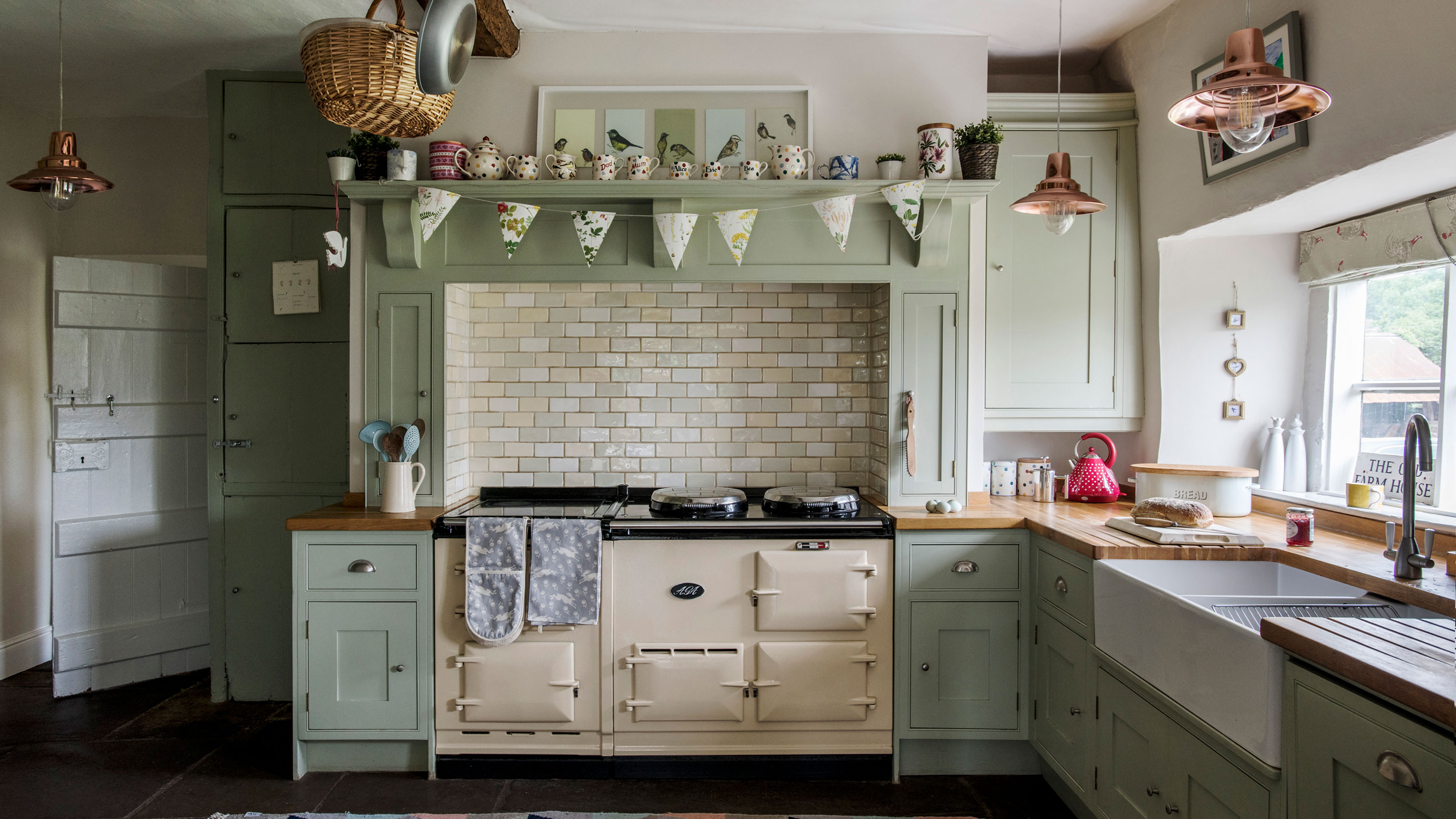
How Much Does a New Bathroom Cost?
How much does a bathroom renovation cost? This very much depends on size and specification.
While it is possible to buy complete 'bathroom bundles' consisting of a basin and toilet and sometimes a bath too for around £200-£250, these costs might not include fixings, pipework or installation.
New bathroom costs fall between £3,000 to £6,500 although for higher spec, larger spaces, costs from £7,000 upwards can be expected. Of course, if you plan on fitting luxury items such as freestanding stone bathtubs and luxury shower cabins your costs will easily extend beyond this.
You will also need to factor in bathroom installation — as well as the removal of your old suite.
When it comes to the cost of fitting a bathroom, according to Victoria Plum, an entirely new bathroom is likely to cost £6,500 to install.
Don't forget to factor in:
- Wall and floor tiles
- Plumbing work (including waste)
- Lighting
- Extraction
- Floor reinforcing
- Waterproof backing board and/or marine grade ply
- Storage
- Heated towel warmers
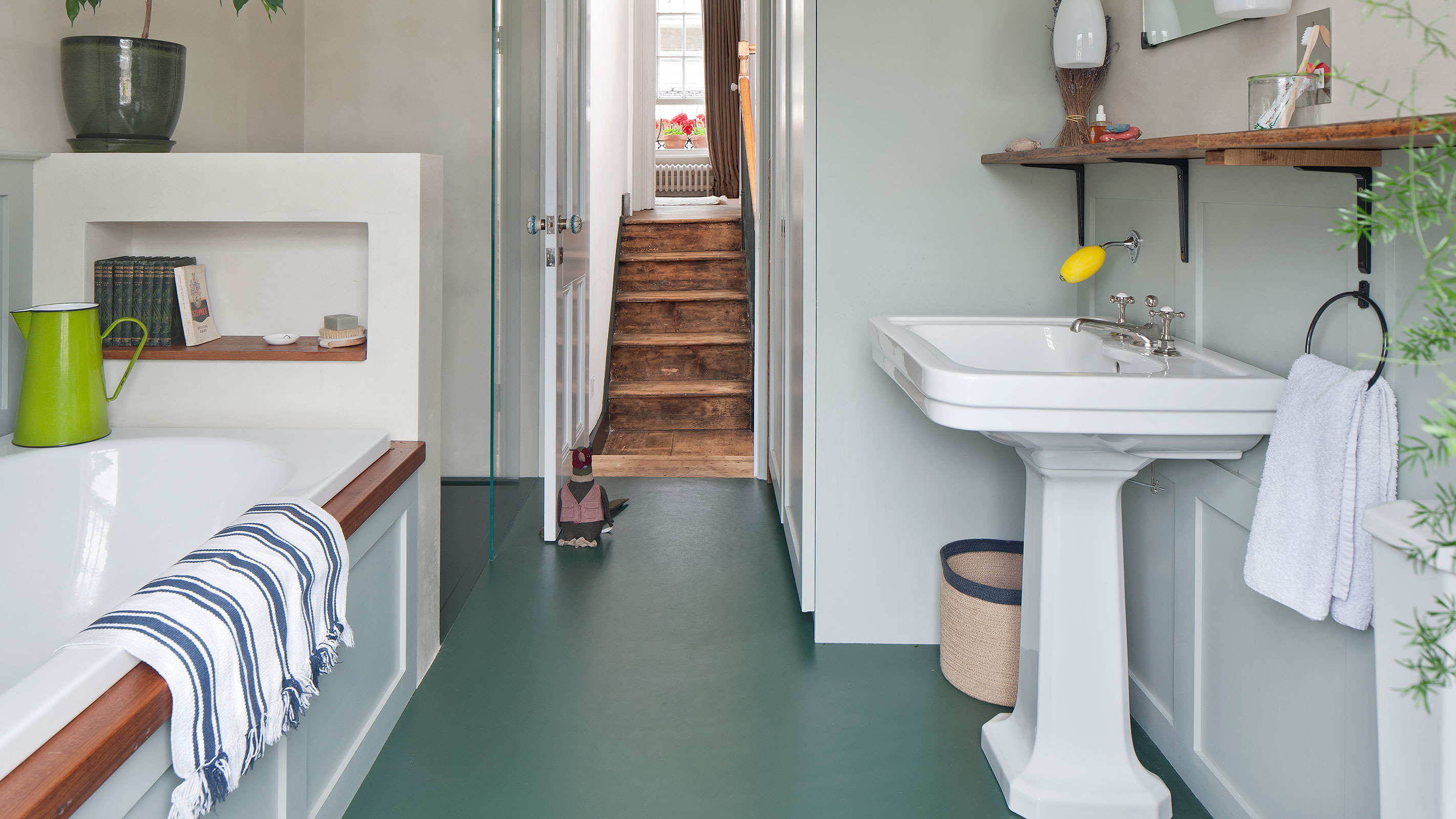
How Much do Window Repairs Cost?
Original windows can be a thing of beauty and if you are lucky enough to be renovating a house that still has them in place then you should go to every effort to restore them if you want to retain the character of your home.
Repair costs will vary depending on the extent of the damage and the type of windows you have. If repairing sash windows, you could expect full sash and frame replacement to come in at between £1,800 - £3,000. It sounds like a lot but compared to new double glazing costs it doesn't seem so bad.
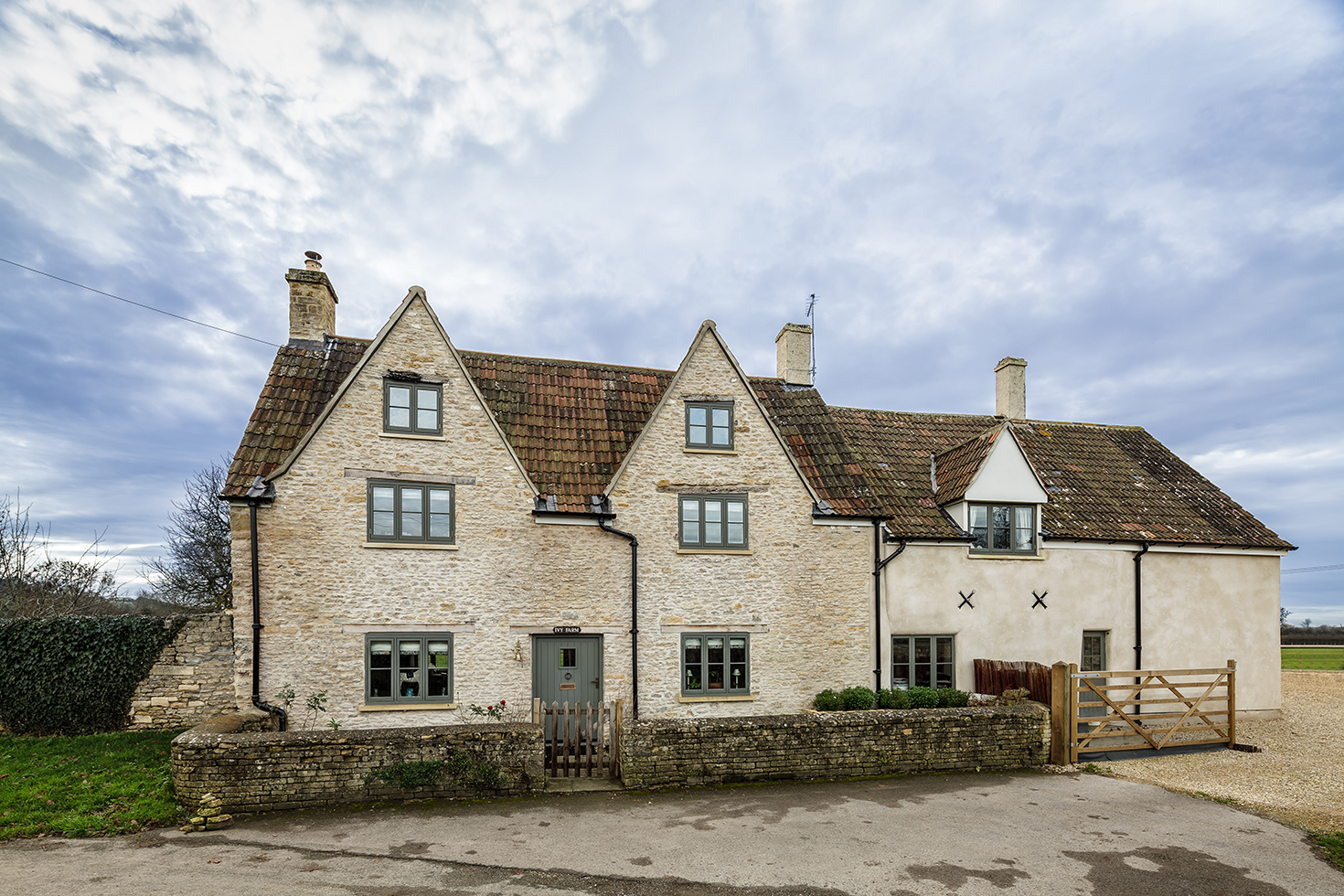
How Much Does Wooden Floor Restoration Cost?
If you are lucky enough to find original wooden floors in place in your renovation project then you will probably be wondering how much renovating old floors is likely to cost.
If you were to call in the professionals to restore a wooden floor, you could expect costs of around £20-35/m².
Are There Any Hidden Renovation Costs?
In addition to all of the more obvious jobs associated with house renovations there are also some pretty pricey hidden or overlooked costs that it is crucial to note when budgeting. These include:
- Planning application fees (find out more in our guide to planning permission)
- Building regulations fees
- Waste disposal (skip hire and so on)
- Roof repairs
- New flooring
- Decoration/plastering
- Landscaping
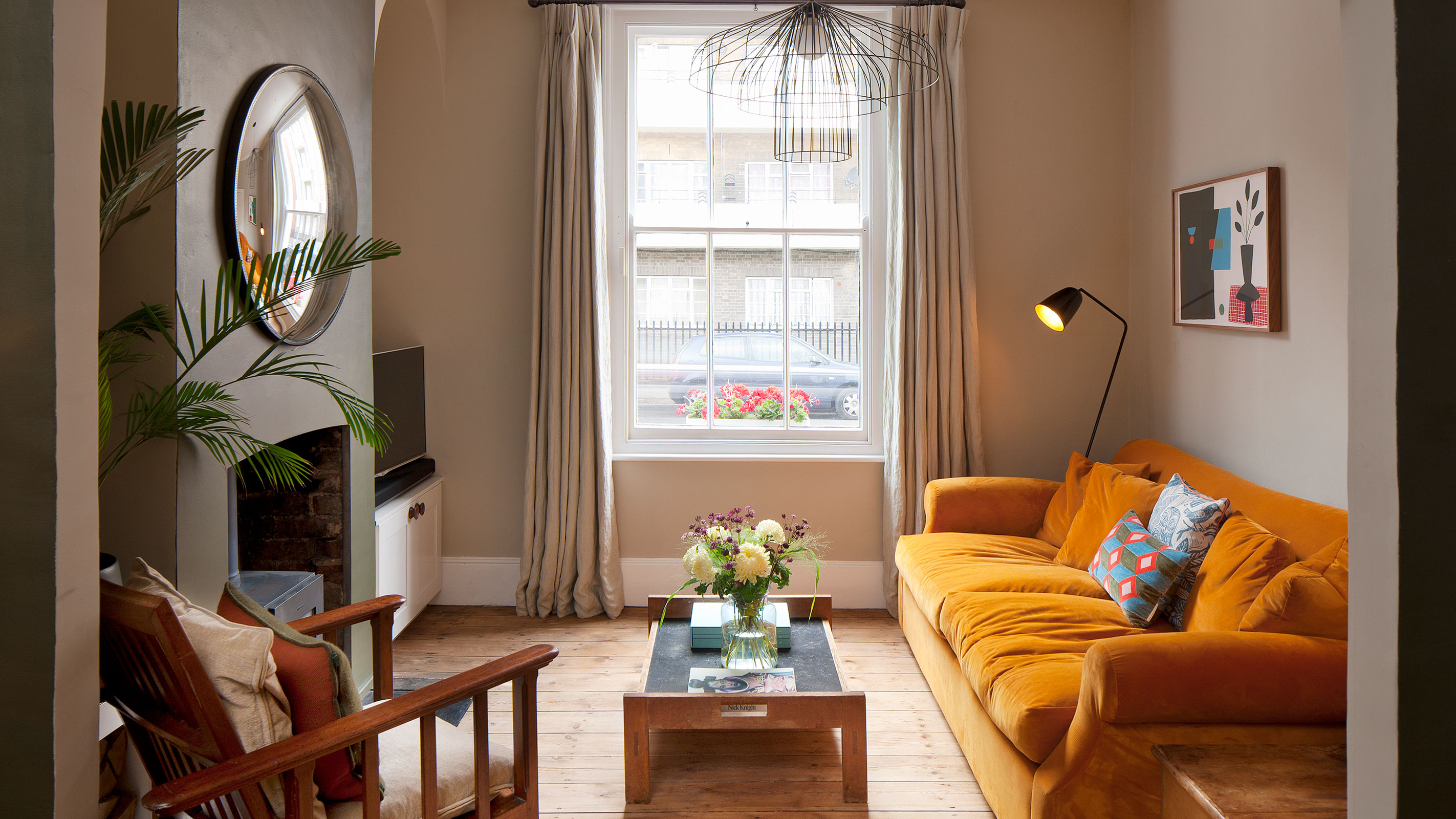
Get the Homebuilding & Renovating Newsletter
Bring your dream home to life with expert advice, how to guides and design inspiration. Sign up for our newsletter and get two free tickets to a Homebuilding & Renovating Show near you.
Natasha was Homebuilding & Renovating’s Associate Content Editor and was a member of the Homebuilding team for over two decades. In her role on Homebuilding & Renovating she imparted her knowledge on a wide range of renovation topics, from window condensation to renovating bathrooms, to removing walls and adding an extension. She continues to write for Homebuilding on these topics, and more. An experienced journalist and renovation expert, she also writes for a number of other homes titles, including Homes & Gardens and Ideal Homes. Over the years Natasha has renovated and carried out a side extension to a Victorian terrace. She is currently living in the rural Edwardian cottage she renovated and extended on a largely DIY basis, living on site for the duration of the project.

